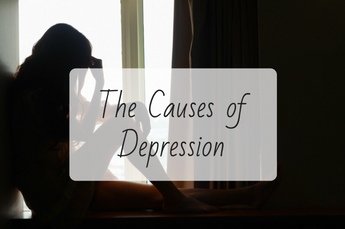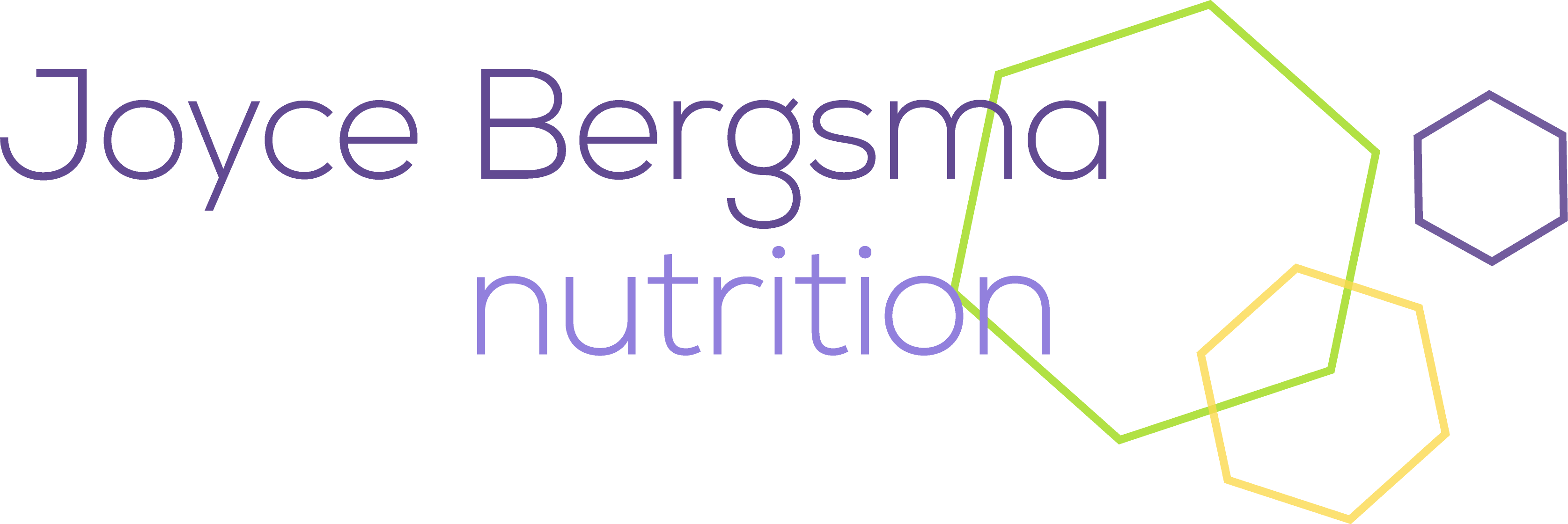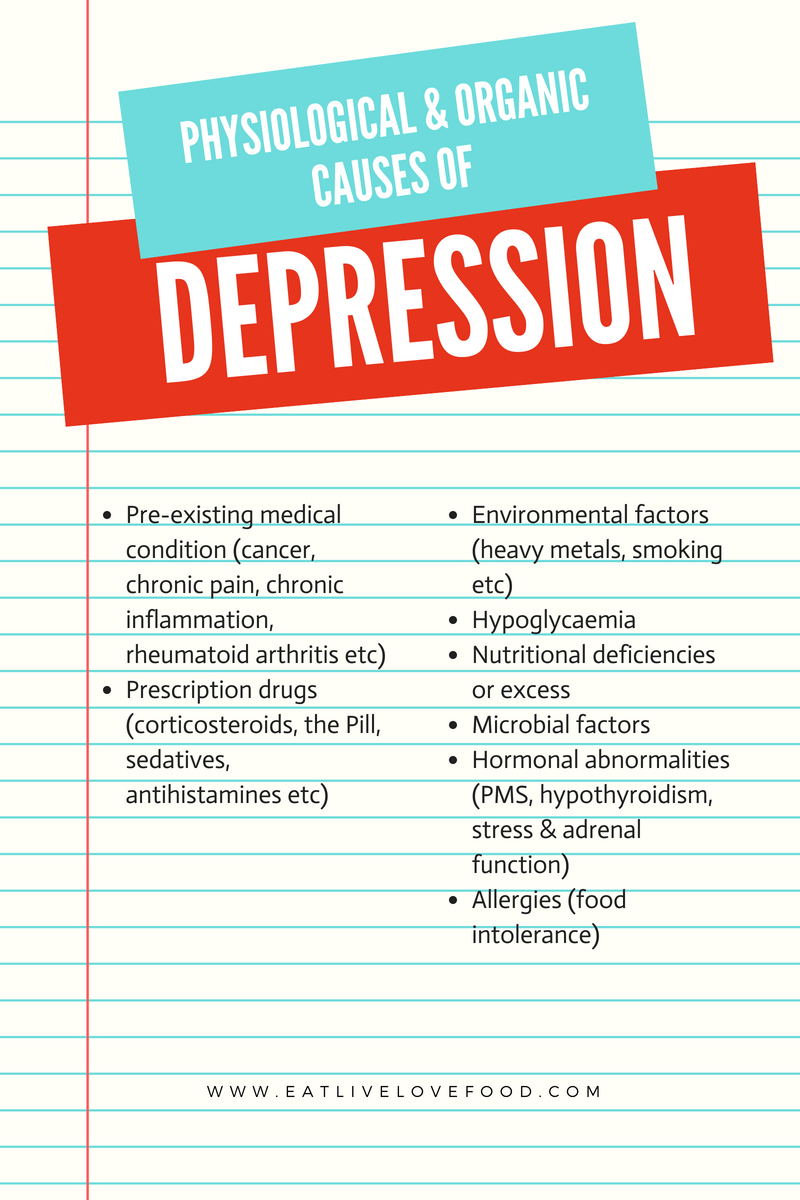
What impact is depression having around the world? Depressive disorders are common mental disorders that occur in people across all world regions and of all ages. So, how big of a problem is it?
Well, from the 2013 article “Burden of Depressive Disorders by Country, Sex, Age, and Year“, which is based on the results of the Global Burden of Disease Study 2010, we learn that depression is increasing worldwide.
This study is considered possibly the world’s most comprehensive global study of discomfort and death from disease. According to their findings, the number of years that people suffered from this mental illness has risen by over 37 per cent since 1990.
Depressive disorders are also a leading cause of disease burden globally and a contributor to suicide and ischemic heart disease.
What is depression?
Depression can be defined as an overwhelming feeling of sadness and hopelessness that can last for months or years. People that suffer from it may feel that life is no longer worth living. Those affected by it often lose interest in the activities they used to enjoy and may also be affected by physical symptoms such as disturbed sleep.
Clinical depression
Major depressive disorder (MDD), or clinical depression, is an episodic disorder. It is chronic and carries with it an increased risk of death. At least one major depressive episode occurs everyday for at least 2 weeks, where the affected individual experiences a depressed mood almost all day.
Dysthymia
Dysthymia is a milder, also chronic form of depression, that lasts for at least 2 years. People diagnosed with dysthymia are often described as constantly unhappy.
What causes depression?
There are several theories that have developed over the years and we’ll cover here the ones that are most widely accepted.
- The INTERPERSONAL RELATIONSHIP approach. This includes behavioural concepts, which means the depressed person uses their behaviour to control or influence a situation. This may have developed over time, unconsciously. It includes pouting, silence, or ignoring someone or something. The behaviour fails to serve the need that exists and often makes the problem worse.
- The LOSS MODEL, which argues that depression is a reaction to the loss of something or someone, status, self-esteem, or even a habit.
- The LEARNED HELPLESSNESS theory states that depression is the result of pessimistic and hopelessness feelings that are habitual.
- The BIOGENIC AMINE hypothesis is the most popular theory at the moment. This theory focusses on an imbalance in the physiology and metabolism of biogenic amines, especially catecholamines (dopamine and noradrenaline/norepinephrine) and an indoleamine (serotonin). This is where nutrition starts to play a large role.
The biogenic amine theory is the focus of modern psychiatry. The goal is to manipulate neurotransmitter levels, rather than identifying and eliminating the underlying factors that are responsible for the imbalances.
Why are there imbalances in your serotonin, or dopamine levels? What about your gamma-aminobutyric acid (GABA) or other neurotransmitters? Could there be another cause to your depression?
Does your depression have a physiological or organic cause? Is it due to more than one cause? Almost certainly this is the case for most people.
What are the 4 Steps to Beating Depression?
The nutritional clinical approach to depression is multi-pronged. Using a Functional Medicine approach, we take the following steps:
1. Take a full health history
A good therapist will investigate all the potential causes and triggers of your symptoms by looking at your background, discussing your diet, exercise and sleep for a start. There is a lot that we can tell from signs and symptoms and we can already advise on where to start.
2. Use functional laboratory testing
This will confirm what your symptoms suggest and discover anything that is hidden and finally to help direct the therapy.
3. Implement dietary, lifestyle changes
As there is usually more than one contributing factor to symptoms your therapist will guide you to the solutions that will have the most immediate or biggest impact on how you feel, while building on this from session to session. Habits take time to build and, for some health conditions, changes must be taken in a certain order.
4. Incorporate nutritional supplementation
Good health always starts with food. In many cases, there is an argument for good quality supplementation. Not all supplements may be beneficial and it’s good to follow the advice of a therapist on effective dosage and form of supplement. It’s not always as simple as ‘Take Supplement A = Fix Problem A’.
What are functional laboratory tests?
Here is a list of some functional tests that provide useful information and we commonly advise to our clients.
- Full thyroid panel (possibly including thyrotropin-releasing hormone)
- Stress and adrenal function (cortisol and DHEA)
- Food intolerance
- Heavy metal toxicity
- Nutrient deficiency test (vitamins and minerals)
- Fatty acid profile
- Neurotransmitters
Next steps
How do you or the people you know with depression deal with it? Do you understand some of the underlying causes in their disease?
If you found this interesting, or have comments, please leave them below. Share with someone you think might benefit from this information using the links here.
It all starts with one step in the right direction. Make a call and we’ll start investigating what is out of balance in your body.
Free call
Book a free call to see how you can start investigating your own health



Comment
[…] video explains the impact on our brains (depression, mood, anxiety), obesity, asthma etc. and what we can do to improve the gut […]